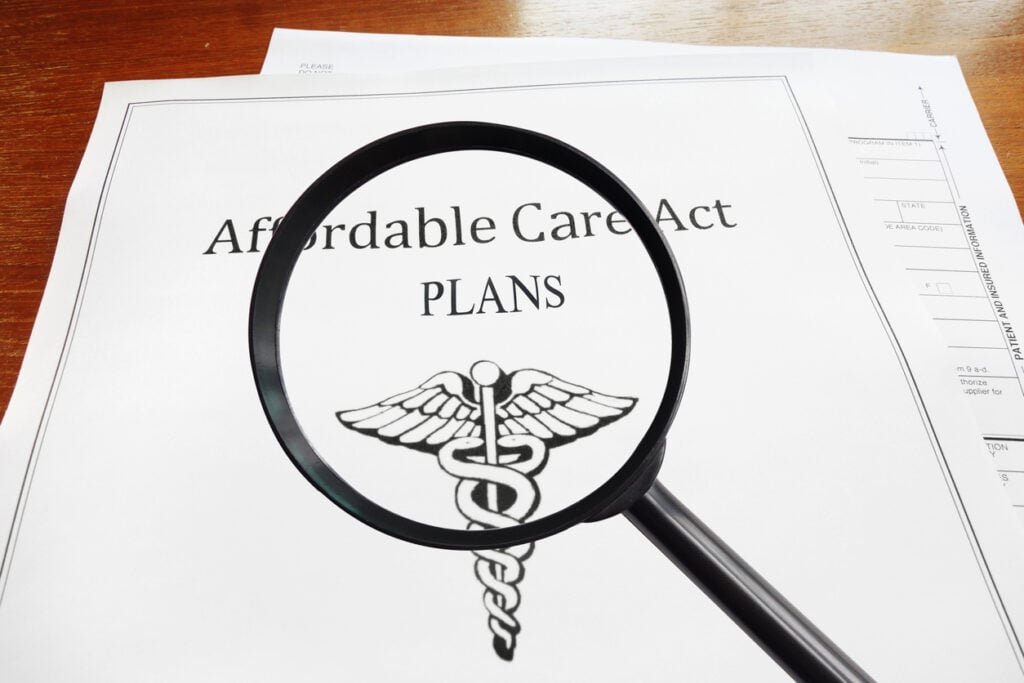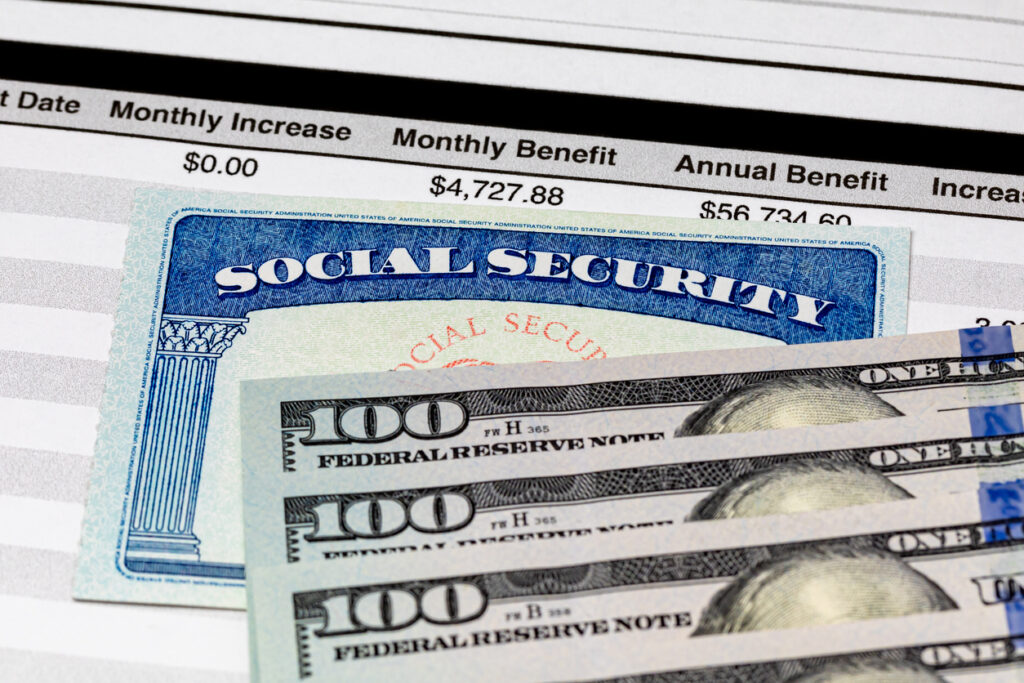New changes could threaten retirement savings, healthcare access, and the financial security of millions of seniors.

If you’re an older American, you might be feeling a little uneasy about what’s coming next. With new policies rolling out, it’s hard to know how things will shake out for retirement, healthcare, and overall financial stability. There’s a lot of talk, plenty of political spin, and not enough straight answers.
One thing is certain—changes are happening, and they could have a serious impact on seniors across the country. It’s not just about politics; it’s about real-life consequences for millions of people. Understanding what’s at stake is more important than ever, and staying informed could make all the difference.
1. Medicaid benefits will be slashed, leaving millions of seniors stranded.

For many older Americans, Medicaid is a lifeline, covering essential healthcare needs that Medicare doesn’t. But new proposals could introduce lifetime caps or time limits, cutting off benefits when people need them most, which could be “catastrophic” for patients, according to codirector of the Medicaid Policy Lab at Boston University’s School of Public Health.
Imagine being forced to choose between medical care and paying rent because you’ve “used up” your coverage. That’s a terrifying reality for those who rely on Medicaid to fill the gaps. Healthcare isn’t a luxury, and limiting access could put countless seniors in impossible situations. If these cuts go through, the most vulnerable could be left with fewer options and higher medical bills.
2. Tougher Medicaid eligibility rules could leave seniors uninsured.

Getting approved for Medicaid is already a headache, but new policies could make it even harder. Writers at Kaiser Family Foundation state that stricter eligibility requirements mean that many older adults who barely get by could suddenly find themselves without coverage. Even a small change in income or assets might disqualify people who have depended on Medicaid for years.
The result? Seniors could be forced to delay medical care, skip prescription medications, or struggle to afford basic health services. Instead of protecting those most in need, these restrictions could push thousands into financial ruin just to cover routine healthcare costs.
3. Prescription drug prices could skyrocket with Medicare negotiation rollbacks.

Medicare’s ability to negotiate drug prices was a huge win for seniors struggling with the cost of medications. But, as reported by NBC News and other news outlets, if this policy gets repealed, prices could soar again, making life-saving prescriptions unaffordable.
Big pharmaceutical companies would regain their power to set whatever prices they want, forcing older Americans to choose between medicine and other necessities.
4. The insulin price cap could disappear, making diabetes management unaffordable.

Right now, Medicare recipients pay no more than $35 a month for insulin, which has been a game-changer for many seniors. But that cap could be erased, bringing prices back to hundreds of dollars per month, according to KFF.
For people on fixed incomes, this could mean skipping doses, worsening health, and expensive hospital stays. Insulin isn’t optional—it’s a necessity for millions of Americans. Without the price cap, managing diabetes could become financially crippling, putting lives at risk and leaving countless seniors struggling to afford the medication they need to survive.
5. A repeal of the Affordable Care Act could bring back pre-existing condition nightmares.

Before the ACA, insurance companies could deny coverage to people with pre-existing conditions. That meant seniors who weren’t yet eligible for Medicare could be left without affordable options.
A repeal could bring those days back, making it impossible for some older adults to get health insurance at all. Even those who find a plan could face sky-high premiums or weak coverage that doesn’t meet their needs. The security that the ACA provided for millions of Americans could disappear overnight, leaving seniors scrambling to figure out how to afford care.
6. Medicare privatization could force seniors into for-profit insurance plans.

A growing push to shift seniors into Medicare Advantage plans could spell trouble for traditional Medicare. Instead of choosing their doctors and getting coverage without network restrictions, seniors could be automatically enrolled in for-profit insurance plans.
While some Medicare Advantage plans offer perks, they also come with hidden costs, limited provider networks, and surprise denials. Many older adults prefer original Medicare for its flexibility, but if these changes go through, that choice might disappear, leaving seniors stuck with a system that prioritizes profits over patient care.
7. Weakening ACA coverage requirements could leave seniors underinsured.

If ACA coverage requirements are stripped away, older adults who aren’t yet eligible for Medicare could find themselves with bare-bones insurance.
That means higher deductibles, fewer covered services, and more out-of-pocket expenses for basic care. Some might end up paying for insurance that doesn’t actually protect them when they need it most. Instead of providing a safety net, these stripped-down plans could leave seniors vulnerable to massive medical bills.
8. Social Security wait times could become unbearable with staff cuts.

Need help with Social Security? Get ready for even longer lines and endless phone hold times. Planned staffing reductions at the Social Security Administration could make it harder than ever to get benefits processed in a timely manner.
Seniors who depend on Social Security might face months-long delays just to receive their payments or resolve issues. With fewer workers to handle claims, backlogs could skyrocket, leaving vulnerable retirees in limbo.
9. Social Security benefits could be on the chopping block.

Federal spending cuts have long put Social Security at risk, and some lawmakers are eyeing reductions to benefits. Even small cuts could have a huge impact on seniors who rely on every dollar of their monthly checks.
For many retirees, Social Security is their main source of income, and any reduction could mean falling behind on bills, struggling with medical costs, or facing food insecurity. If these changes go through, older Americans who spent their lives paying into the system could see their benefits shrink when they need them most.
10. Traditional Medicare could be eliminated, forcing seniors into private plans.

A radical proposal in the Project 2025 blueprint suggests eliminating traditional Medicare altogether. If that happens, seniors would be left with no choice but to enroll in private, for-profit insurance plans.
That could mean higher costs, more restrictions, and fewer choices for healthcare. Instead of the guaranteed coverage Medicare provides, seniors could find themselves navigating complex insurance networks with expensive premiums and hidden fees.
11. Medicaid coverage for nursing home care could disappear.

Right now, Medicaid helps cover long-term nursing home care for seniors who have exhausted their savings. But proposed cuts could take away that coverage, leaving older adults with no way to pay for assisted living or nursing home care.
Families might be forced to drain their own savings or take on massive debt to keep their loved ones safe. Without Medicaid support, many seniors could be left with nowhere to go, putting their health and well-being at serious risk. The cost of long-term care is already staggering—removing this safety net would be devastating.
12. Public health programs for seniors could be gutted.

Public health agencies provide essential services like vaccinations, disease prevention programs, and community health initiatives. But restructuring efforts could cut funding for these programs, leaving seniors without critical health resources.
Reduced funding could mean fewer free screenings, limited access to preventive care, and higher costs for services that were once affordable or free.
